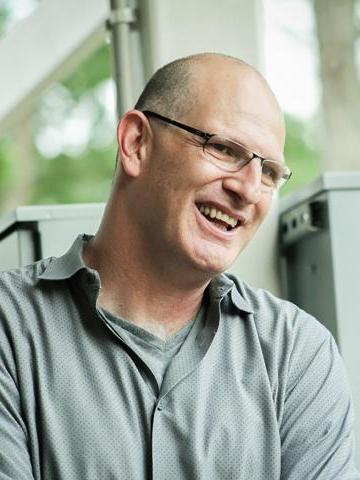
SCSB Colloquium Series with Dr. Uri Hasson: Cognitively Plausible Learning Agents: Modeling Learning in Naturalistic Developmental Contexts
November 12 | 4:00 pm - 5:00 pm
 Date: Wednesday, November 12, 2025
Date: Wednesday, November 12, 2025
Location: 46-3002 (Singleton Auditorium)
Speaker: Uri Hasson, Ph.D.
Affiliation: Professor of Psychology and Neuroscience, Princeton University
Host: Dr. Ev Fedorenko
Talk title: Cognitively Plausible Learning Agents: Modeling Learning in Naturalistic Developmental Contexts
Abstract: Understanding how humans learn and think requires models that capture both the richness of real-world experience and the biological plausibility of the brain. Traditional computational models often generalize poorly beyond controlled laboratory conditions. At the same time, state-of-the-art deep learning systems—despite their success in naturalistic tasks—are developmentally implausible, data-hungry, and disconnected from human cognition. My lab aims to bridge this divide by developing cognitively plausible learning agents that are grounded in the natural experiences of children.
To achieve this, we are building the First 1000 Days (1kD) dataset, a longitudinal, ultra-dense audiovisual record of children’s daily environments from birth to age three, offering unprecedented resolution on the developmental conditions that shape learning in individual children. Using the 1kD recordings, we are creating child-centered learning agents that learn in socially grounded, multimodal contexts, mirroring the development of infants. Finally, we are directly aligning these models with human neural data, comparing their internal representations to invasive electrocorticography (ECoG) recordings of natural language processing.
Together, our research establishes a new paradigm for cognitive neuroscience: one that integrates developmental data, embodied learning agents, and neural alignment to deepen the understanding of the underlying processes that support human cognition. By studying cognition in dense, dynamic, and ecologically valid contexts where it naturally unfolds, we aim to uncover general principles of learning that are both biologically realistic and computationally powerful.
